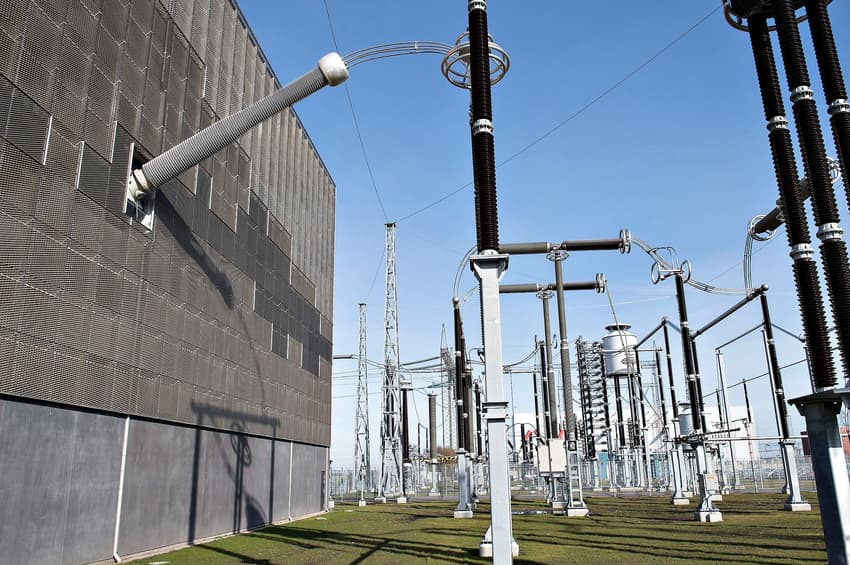Danish opposition calls for tax cuts and cheap electricity to tackle crisis

Denmark’s opposition Liberal (Venstre) party has asked for tax cuts and lower electricity prices in talks with the government over a political deal to help people and companies through the ongoing energy crisis.
The opposition party was in negotiations on Sunday with the government on new measures to help Denmark residents and companies to deal with rocketing electricity and gas prices.
The finance spokesperson for the Liberal party, Troels Schack Poulsen, said that “good and constructive” talks had involved his party’s demands being tabled.
“The first thing is that we put electricity taxes down to the EU’s minimum rate. That would benefit consumers in the situation we are in,” he said.
“And what is more than just delaying payments, we want to give some people actual money for themselves,” he said.
The government last week announced a proposal to allow households to delay payment of energy bills which exceed bills incurred last year. The difference would be repayable in instalments over a period of up to five years.
Calculations by Danske Bank have shown that reducing electricity taxes in Denmark to the EU’s minimum levels would save a typical family with two adults and two children up to 3,600 kroner per year.
The Liberal party wants to put the measure in place for six months, meaning possible savings of 1,800 kroner.
The party also wants to suspend tariffs imposed by Energinet, the state operator of Denmark’s energy infrastructure.
The tariff of 11 kilowatts per hour, which covers the company’s operations and administration expenses, would be suspended for nine months under the Liberal proposal.
Energinet has earned between two and three billion kroner from selling energy to Denmark’s neighbouring countries at high prices. Some of this revenue can be passed on to businesses and individuals, the Liberal party argues.
The party is against raising taxes on energy in the 2023 budget.
Comments
See Also
The opposition party was in negotiations on Sunday with the government on new measures to help Denmark residents and companies to deal with rocketing electricity and gas prices.
The finance spokesperson for the Liberal party, Troels Schack Poulsen, said that “good and constructive” talks had involved his party’s demands being tabled.
“The first thing is that we put electricity taxes down to the EU’s minimum rate. That would benefit consumers in the situation we are in,” he said.
“And what is more than just delaying payments, we want to give some people actual money for themselves,” he said.
The government last week announced a proposal to allow households to delay payment of energy bills which exceed bills incurred last year. The difference would be repayable in instalments over a period of up to five years.
Calculations by Danske Bank have shown that reducing electricity taxes in Denmark to the EU’s minimum levels would save a typical family with two adults and two children up to 3,600 kroner per year.
The Liberal party wants to put the measure in place for six months, meaning possible savings of 1,800 kroner.
The party also wants to suspend tariffs imposed by Energinet, the state operator of Denmark’s energy infrastructure.
The tariff of 11 kilowatts per hour, which covers the company’s operations and administration expenses, would be suspended for nine months under the Liberal proposal.
Energinet has earned between two and three billion kroner from selling energy to Denmark’s neighbouring countries at high prices. Some of this revenue can be passed on to businesses and individuals, the Liberal party argues.
The party is against raising taxes on energy in the 2023 budget.
Join the conversation in our comments section below. Share your own views and experience and if you have a question or suggestion for our journalists then email us at [email protected].
Please keep comments civil, constructive and on topic – and make sure to read our terms of use before getting involved.
Please log in here to leave a comment.